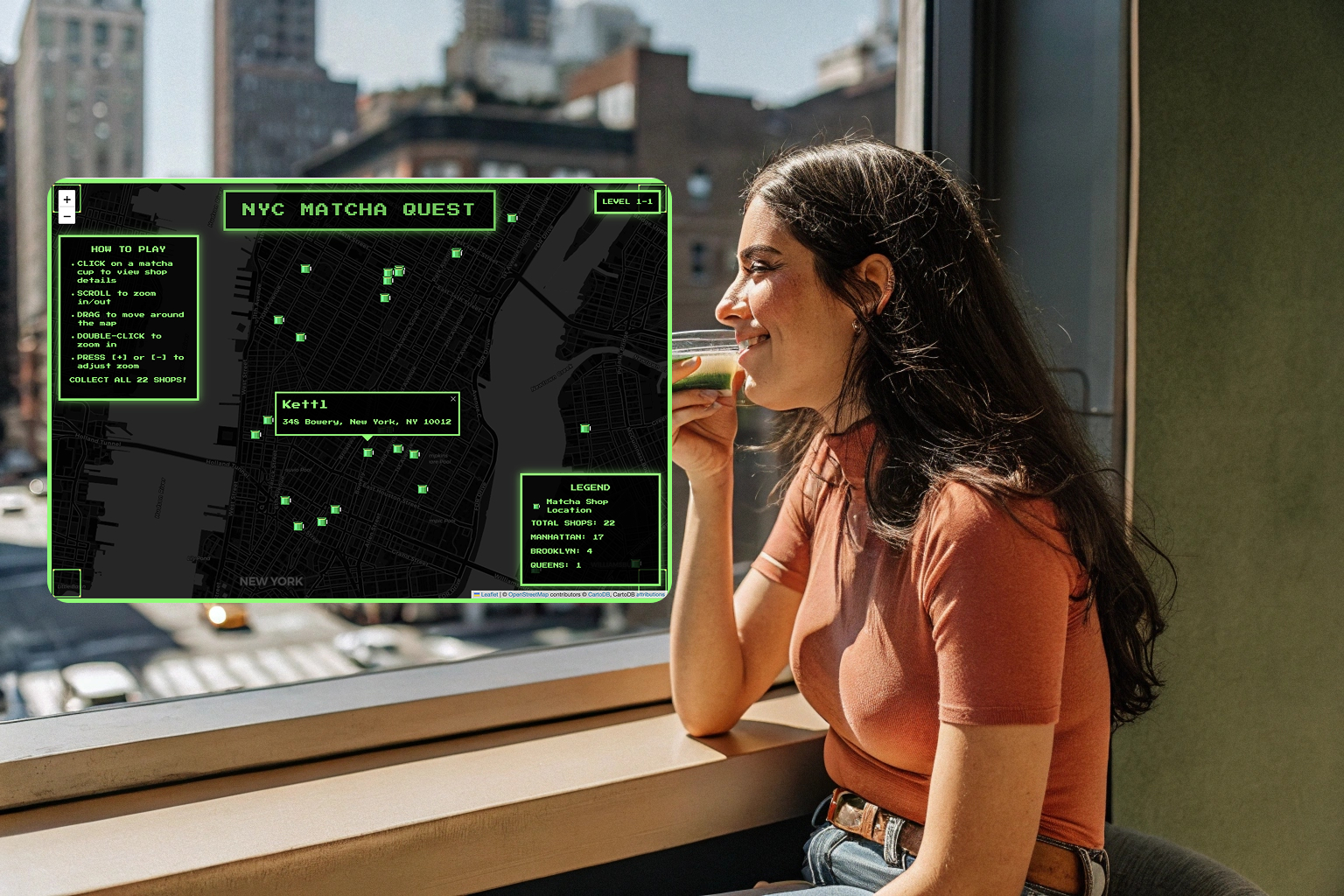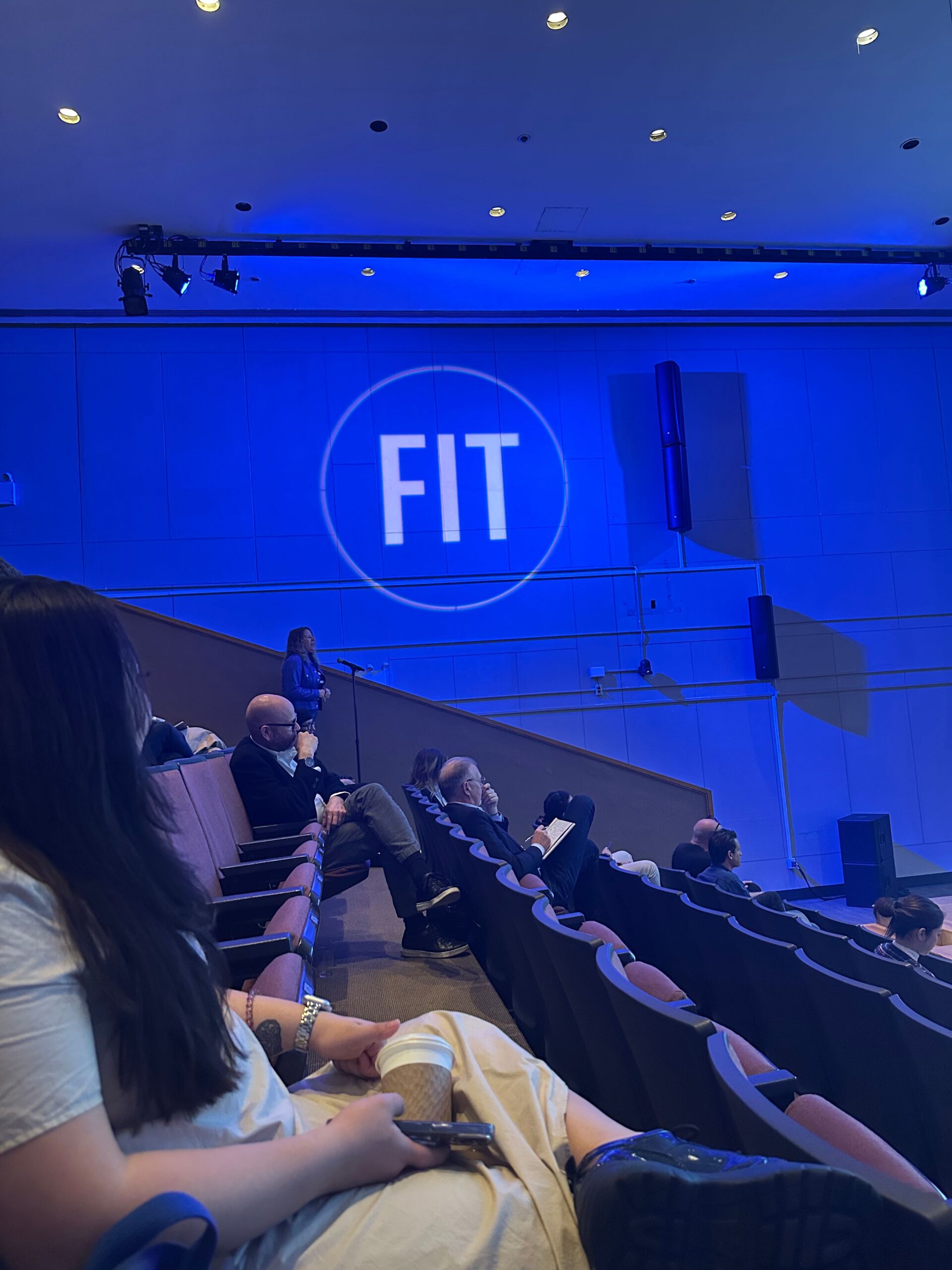France to Utilize AI Surveillance for Paris Olympics (2024): A Threat to Civil Liberties?
France to Implement AI-Powered Surveillance for Paris Olympics
The National Assembly of France approved the use of artificial intelligence (AI) video surveillance during the Paris 2024 Olympics, in an attempt to ensure safety amidst a crowd of millions of tourists. This plan, however, received pushback from rights groups, who raised concerns regarding its impact on civil liberties. The French government says that algorithmic video surveillance can detect predetermined events and abnormal behavior that will aid in crowd control.
AI Surveillance in Public Spaces: Concerns and Criticisms
France is set to become the first country in the European Union to legalize AI-powered surveillance, a decision that some fear could set a worrying surveillance precedent. The use of AI surveillance in public spaces, like the Paris Olympics, raises several concerns, including the collection of biometric data and privacy issues.
Rights Groups Oppose Use of AI Surveillance in Paris Olympics
Amnesty International and digital rights groups have criticized the plan, stating that it poses a threat to civil freedoms and can draw a dangerous line in the sand. Access Now, a digital rights organization, advocates for the banning of biometric data collection in public spaces in the EU’s AI Act.
The Pros and Cons of AI Surveillance for Public Safety
While some lawmakers argue that AI surveillance is necessary to ensure public safety, others question the utility of AI in spotting would-be attackers because of the complexities in training algorithms on rare incidents. Nonetheless, the French government, lawmakers, and proponents of the bill have stated that the use of AI in surveillance is justified, given the security challenges presented by the Olympics.
Balancing Civil Liberties and Security: The Debate Around AI Surveillance in Public Spaces
The debate surrounding the use of AI surveillance in public spaces is ongoing. While there are valid concerns regarding the potential misuse of AI and its impact on civil liberties, it is important to balance these concerns with the need to ensure public safety in high-risk events such as the Paris Olympics. It is essential to approach the use of AI surveillance in a manner that protects individual rights while enabling the government to carry out its primary responsibility of keeping citizens safe. As such, it is necessary to develop regulatory frameworks that balance these competing interests.
(Source: Reuters)








